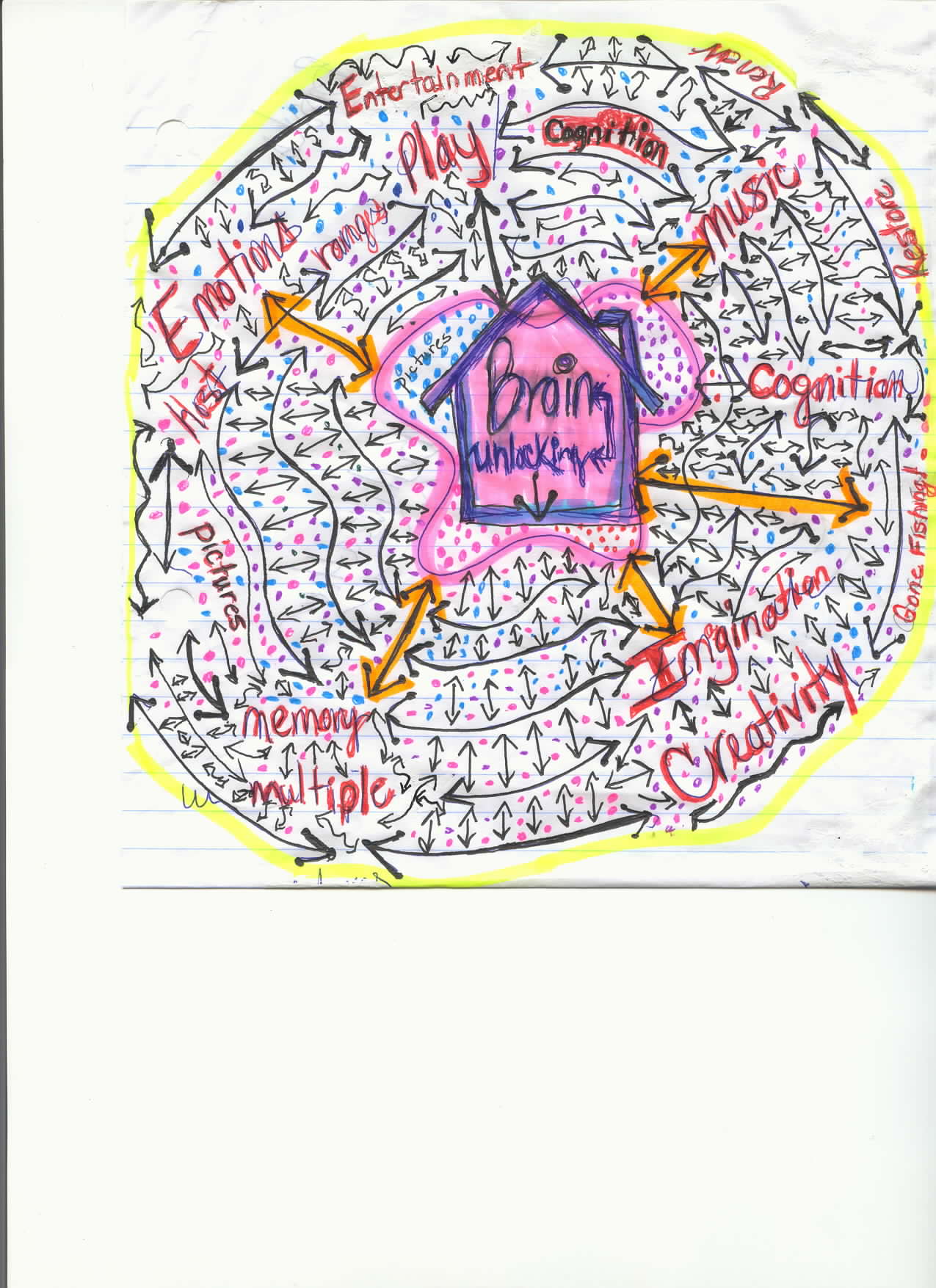"A man who is master of himself can end a sorrow as easily as he can invent a pleasure. I don't want to be at the mercy of my emtoins. I want to use them, to enjoy them, and to dominate them." - Oscar Wilde
"Courage consists in the power of self-recovery." - Ralph Waldo Emerson
"Rember not only to say the right thing in the right place, but far more diffictul still, to leave unsaid the wrong thing at the tempting moment." - Benjamin Franklin
"I know quite certainly that I myself have no special talent; curiosity, obsession and dogged endurance, combined with self-criticism, have brought me to my ideas." - Albert Einstein

 © Serendip® 1994 - All rights reserved. Privacy Policy
© Serendip® 1994 - All rights reserved. Privacy Policy







